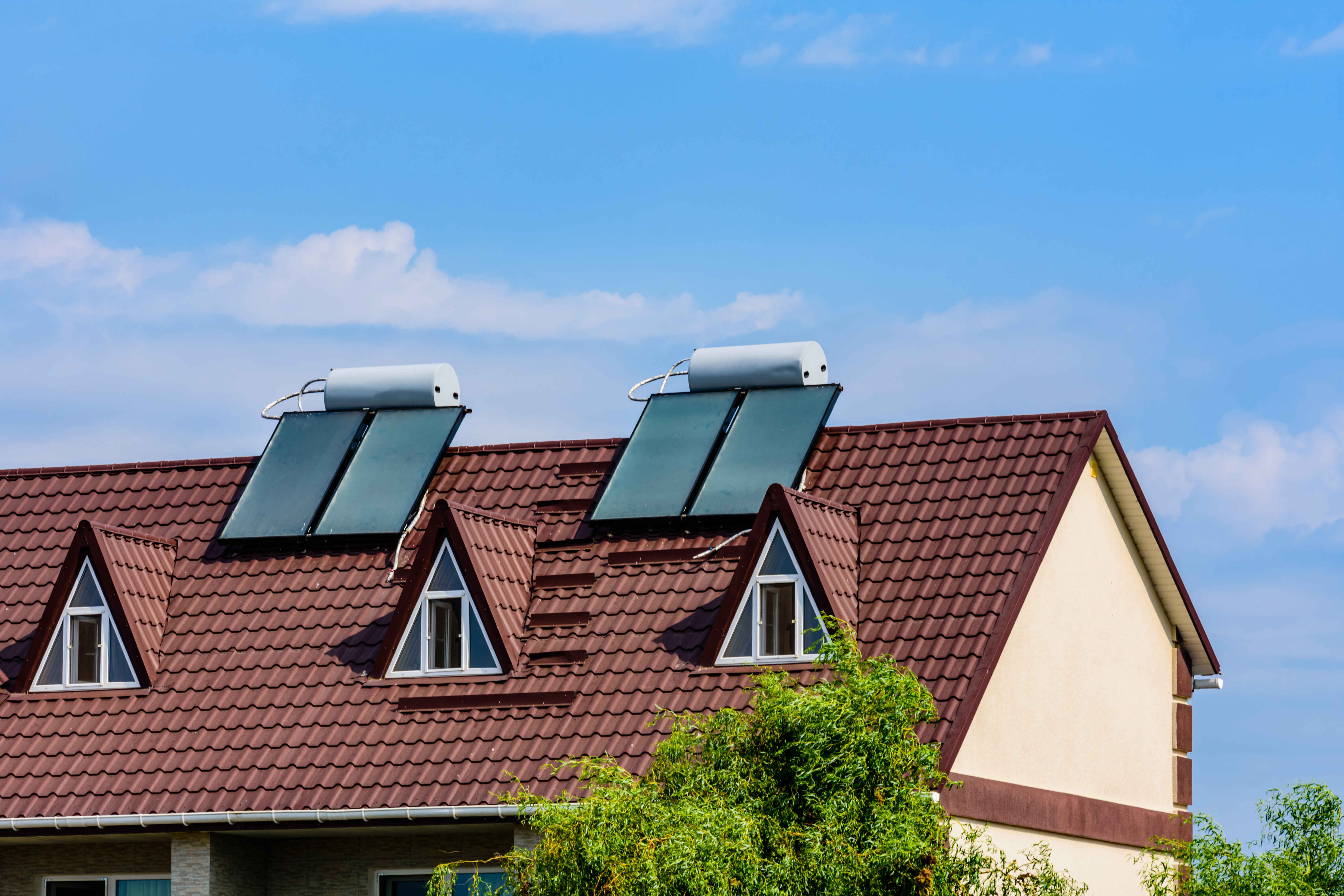Understanding Solar Panel Financing: Risks of Bankrupt Companies and Impact on Liens
By Marcie Lowery
June 20, 2025 at 8:40 AM CDT
Considering solar panels for your home? While they offer energy savings and environmental benefits, understanding the impact of financing options and company stability is crucial. Dive into the pros and cons, and learn how liens and potential bankruptcies might affect you.

Solar panels have become an increasingly popular way for homeowners to reduce energy costs and contribute to a sustainable future. However, those who finance solar panels through loans or liens might face uncertainty if the solar panel company that installed them files for bankruptcy. Understanding how this process affects your home and finances is crucial for every homeowner considering going solar.
When a solar panel company files for bankruptcy, several outcomes might occur, depending on the company’s financial restructuring strategy and the contracts involved. Generally, liens used to finance the panels remain intact. This means that even if the company goes bankrupt, the lien on your home will continue to exist, and payments must still be made to the financial institution that holds the lien. It's important to read the fine print of any contract and understand the financial agreements you are entering.
Turning our attention to solar panels on credit, let's explore the implications before your decision:
- Pros:
- Environmental Benefits: One of the most significant advantages is the reduction of carbon footprint, providing a way to support renewable energy.
- Cost Savings: Over time, solar panels can lead to significant savings on electricity bills.
- Tax Incentives: Federal and sometimes state tax credits offer financial benefits to solar panel purchasers.
- Potential Increase in Home Value: Homes equipped with solar panels often see an increase in market value, appealing to environmentally conscious buyers. - Cons:
- Initial Costs and Liens: Financing solar panels often means adding a lien to your home's equity, which can complicate matters in the event of selling or refinancing.
- Maintenance Responsibility: Homeowners must handle panel maintenance or repairs, potentially adding extra costs.
- Complex Sales: If selling your home, unresolved liens can create hurdles in the sales process, requiring the buyer to assume the lien or requiring the seller to pay it off at closing.
Considering the impact of solar panels on your home’s resale value, they often boost appeal due to the promise of lower utility costs and contributions to a greener planet. However, any lien on the property must be considered, especially if the panels are not fully owned outright. To maximize resale value, it might be advantageous to have the lien cleared, or buyers need to be informed about assuming the existing financial responsibility.
In conclusion, when opting for solar panels through financing, it's essential to understand the ramifications, especially relating to liens and potential company bankruptcies. Being informed prepares homeowners for a more secure investment in renewable energy.
For more insights into real estate and sustainable home improvements, reach out to Marcie Lowery at Realty Texas. Marcie Lowery is more than just a REALTOR®—she's your trusted advisor on all matters of real estate. You can contact Marcie at (512) 629-0899 or (903) 626-0060. Feel free to email at marcie-lowery@realtytexas.com or visit the website at marcie-lowery.realtytexas.com to explore more about how Realty Texas can help you achieve your home ownership dreams.

Comment